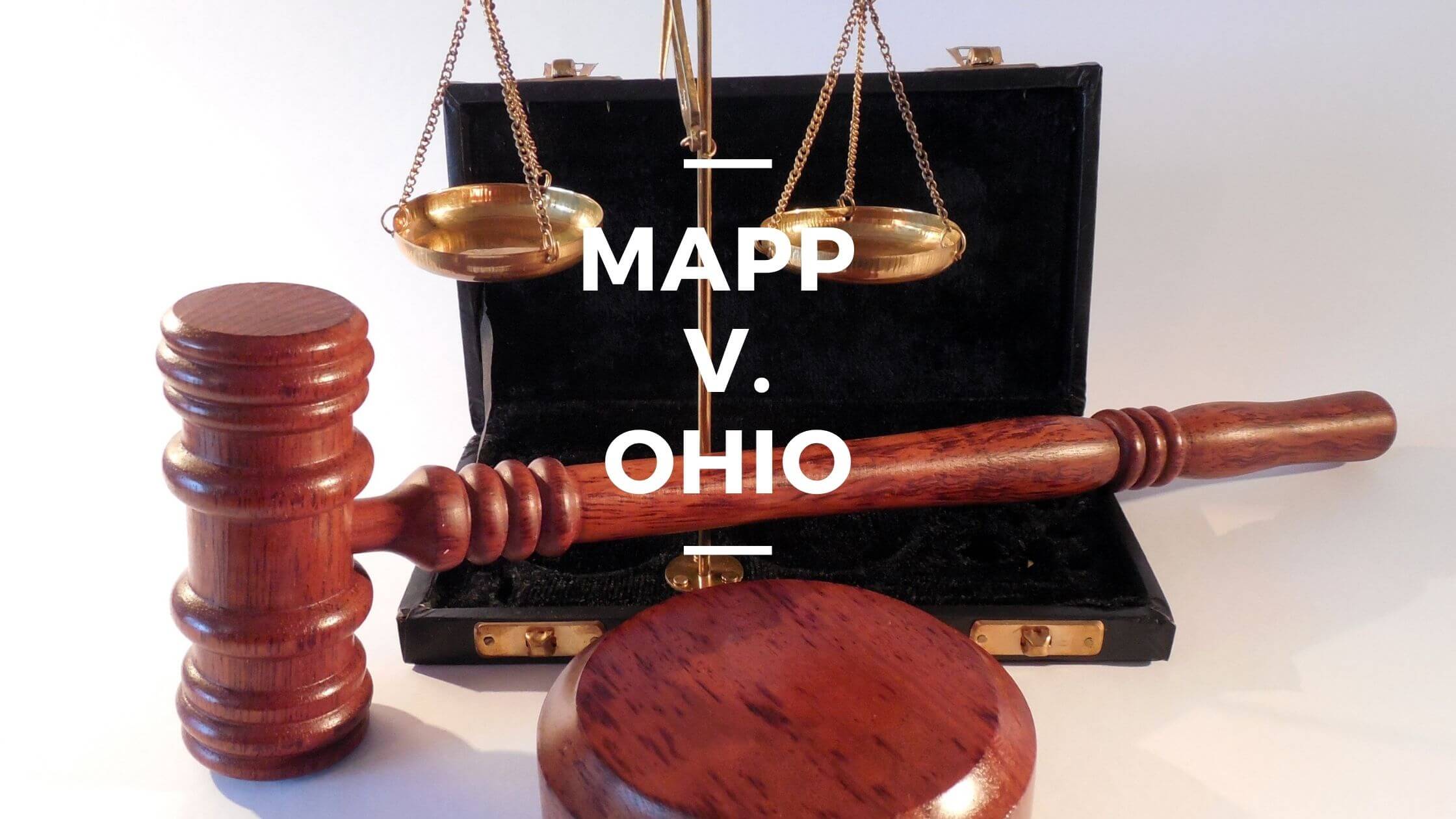Table of Contents
ToggleSources
- https://www.history.com/topics/american-revolution/tea-act
History.com is a reliable source for historical events, and this page provides a detailed overview of the Tea Act, its implications, and its role in the lead-up to the American Revolution. - https://www.britannica.com/event/Tea-Act
Britannica is an authoritative encyclopedia, and this entry explains the Tea Act, its economic motivations, and the colonial response, including the Boston Tea Party. - https://www.mountvernon.org/library/digitalhistory/digital-encyclopedia/article/tea-act/
Mount Vernon's digital encyclopedia is a trusted resource for American history, and this article details the Tea Act's impact on colonial merchants and the subsequent Boston Tea Party. - https://www.archives.gov/milestone-documents/tea-act
The National Archives provides primary source documents and contextual information about the Tea Act, making it a highly authoritative source for understanding the legislation and its consequences. - https://www.bostonteapartyship.com/the-tea-act
The Boston Tea Party Ships & Museum website offers a focused explanation of the Tea Act and its direct connection to the Boston Tea Party, providing historical context and details about colonial resistance.
Key Points
- The Tea Act of 1773 aimed to support the financially struggling British East India Company by granting it control over tea importation and sales to the colonies.
- Colonists opposed the Tea Act, leading to the Boston Tea Party on December 16, 1773, where they dumped British tea into Boston Harbor.
- The British government retaliated with the Coercive Acts, imposing harsh restrictions on Massachusetts, which further fueled colonial resentment.
- The Stamp Act of 1765 was the first direct tax imposed by Britain on the colonists, sparking protests and the slogan 'taxation without representation.'
- The Townshend Revenue Act of 1767 imposed taxes on goods like tea, paper, and glass, leading to further colonial resistance.
- Colonists boycotted British tea, opting for smuggled Dutch tea, which worsened the financial state of the British East India Company.
- The Tea Act allowed the British East India Company to sell tea directly to the colonies at a lower price, but colonists saw it as an attempt to enforce unlawful taxes.
- The Boston Tea Party was a direct rebellion against British taxation and monopolization, organized by groups like the Sons of Liberty.
- The Coercive Acts of 1774, including the closure of Boston's port, intensified colonial opposition and set the stage for the American Revolution.
- Three years after the Tea Act, the thirteen colonies declared independence, marking the start of the American Revolutionary War.
Summary
The Tea Act of 1773, designed to bail out the struggling British East India Company, deepened American colonists' resentment toward British taxation without representation. Their defiance culminated in the Boston Tea Party, where protesters destroyed British tea shipments, prompting harsh retaliatory measures like the Coercive Acts. These tensions ultimately fueled the American Revolution, leading to the colonies' declaration of independence in 1776.

Get Smarter on US News, History, and the Constitution
Join the thousands of fellow patriots who rely on our 5-minute newsletter to stay informed on the key events and trends that shaped our nation's past and continue to shape its present.
The American colonists were always opposed to British legislation regarding the tea trade, and the Tea Act saw them become further entrenched in their position.
What was the Tea Act?
The British Parliament passed the Tea Act on May 10, 1773, one of several significant pieces of legislation enacted in the lead-up to the American Revolution. Its main aim was to support the British East India Company, which was experiencing financial distress.
By reducing the amount of tea being held at their warehouses while granting them control over importation rights and sales to colonies, the British government sought to relieve the company from financial burden and ensure its survival.
The stance of the colonists against the act led to the Boston Tea Party on December 16, 1773. They boarded tea ships belonging to the British East India Company and threw their tea supply overboard into the sea. The British Parliament’s retaliation took the form of instituting further draconian acts, such as the Coercive Acts, which placed harsh restrictions on Massachusetts for their hostile actions. Two years later, in 1775, the American Revolutionary War began.
Taxing Times for the Colonists
In 1763, the Seven Year’s War was brought to a close, with the British Empire emerging victorious. While Great Britain had successfully expanded its empire in many ways, it came at a great cost, and the British Government turned to North American colonies as a source of revenue in response.

The Stamp Act was brought into effect in 1765, which saw the first-ever direct tax imposition made by Great Britain on the American colonists. The colonists responded angrily, declaring that only their own constitutions should be given control of taxation and that this enforcement was an unfair display of “taxation without representation.”
When the British government dismissed their arguments, the colonists resorted to violence in an attempt to overrule the taxes on stamps that were being enforced. Being successful, the Stamp Act was retracted by British Parliament in 1766.
Enactment of the Townshend Revenue Act
Although the Stamp Act was no longer in force, taxes remained in place for colonies for other goods and services. In 1767, Britain’s new Chancellor of the Exchequer, Charles Townshend, was responsible for handling the government’s revenue. He brought the Townshend Act into effect that same year.

This involved placing taxes on goods and commodities being sent to the colonies, such as tea, paper, paint, and glass. The plan was to see an increase in revenue which would then support the payment of the colonial governors’ wages. Townshend expected the colonists to accept the new taxes imposed on these products.
The colonists resolved to dispute Townshend’s proposals in response to these propositions. Even though these duties weren’t directly placed on the colonists but rather indirectly through the pricing of goods, their stance against the Stamp Act left them feeling hostile towards any new tax laws being imposed upon them by the British government.
In 1770, the British Parliament abolished all taxes that were part of the Townshend Act apart from tea. They held this in place to establish a statement of power and rule over the colonies.
Supporting the British East India Company
Many colonists refused to drink tea in reproval, while others drank only Dutch tea that was smuggled and generally cheaper than that which came from Great Britain as a way of trying to avoid becoming a part of the problem. Others continued to enjoy their tea coming straight from Britain, which incurred taxes.
With some of the American colonists resorting to drinking illegal tea from Europe, the British East India Company were placed under even more financial distress than they already had been in. In an attempt to support the struggling company, the British government introduced the Tea Act in 1773.
This allowed the British East India Company to transport tea directly to the colonies without making its entry into Britain first. A monopolization was granted to allow the company direct sale to the colonies while the same tax cost remained intact, allowing them to sell the tea at a cheaper rate while still receiving all the duty.
The Boston Tea Party
The reduction of the cost of tea to the colonists didn’t remove their hostility towards the Tea Act. Allowing the British East India Company direct sale to the colonies removed the need for colonial tradespeople and adversely affected colonial merchants. On top of taking the view that they were being forced into complying with the stipulations set upon them to follow unlawful tea tax regulations, they responded with outrage.

Since many of the men working for the tea supplier were actively supporting the rules laid out by Parliament, this only made matters worse. With the enactment of the Tea Act came a rebellion from the colonists that would mirror only that which took place in response to the Stamp Act in previous years.
Groups rose up in support of American merchants and tradesmen, such as the Sons of Liberty, and rebels pressurized the company’s workers into the resignation of their consignments. Crowds formed by the ports refused ships entry, making them turn back with their tea supplies. The Boston Tea Party took place on December 16, 1773, when men gained entry to the ships, dressed as Native Americans, and off-loaded the cargo of tea into the harbor.
American Independence
A great deal of damage was done due to the Boston Tea Party. It led to the British government implementing the Coercive Acts in 1774 in response to the event, which included the enactment of several impositions being put in place and the closure of Boston’s port until the cost of the lost tea was repaid in full.
While the Coercive Acts dampened the spirits of some colonists, others, like Paul Revere, refused to give in and continued their stance against the British Parliament. Three years after the introduction of the Tea Act, the thirteen colonies declared their independence. This marked the start of the American Revolution and increased the number of products made in America.
What Was the Tea Act? Quiz
Frequently Asked Questions
What was the main aim of the Tea Act passed by the British Parliament in 1773?
How did the American colonists respond to the Tea Act?
What were the Coercive Acts, and why were they implemented?
Why did the colonists oppose the Townshend Revenue Act of 1767?
What role did the Sons of Liberty play in the resistance against British taxation?
How useful was this post?
Click on a star to rate it!
Average rating / 5. Vote count:
No votes so far! Be the first to rate this post.
We are sorry that this post was not useful for you!
Let us improve this post!
Tell us how we can improve this post?






